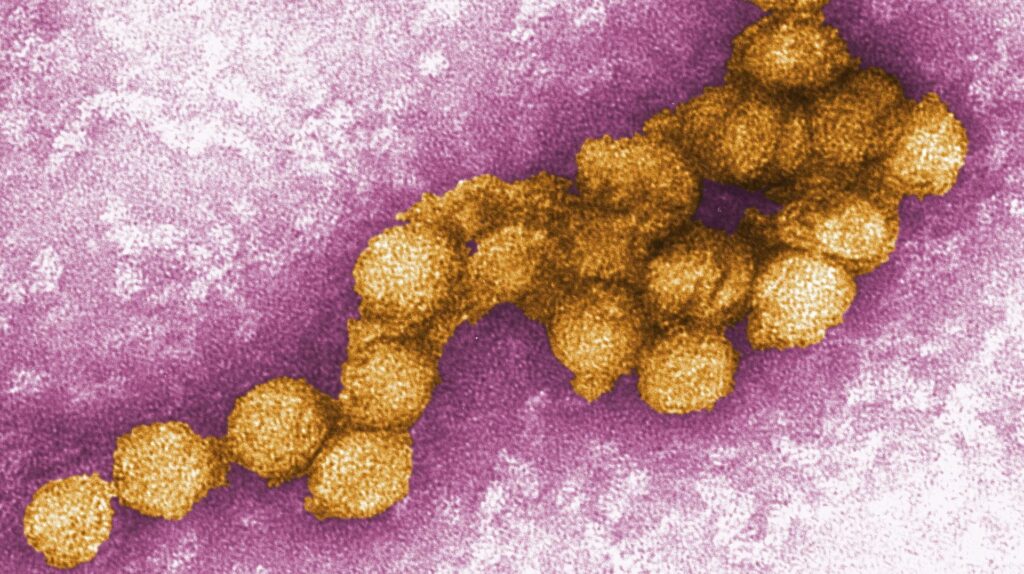
Introduction
West Nile Virus (WNV) is a mosquito-borne illness that can lead to severe neurological complications and is particularly relevant during the warmer months when mosquitoes are prevalent. Understanding the virus, its transmission, symptoms, and strategies for prevention is essential for public health and community awareness, especially in regions experiencing outbreaks.
Latest Developments
As of August 2023, Canada has reported an increase in West Nile Virus cases, particularly across provinces like Ontario and Alberta. The Public Health Agency of Canada has indicated that the number of confirmed cases this season is higher than the five-year average for this time of year. This rise in cases is attributed to an exceptionally warm summer, which creates ideal breeding conditions for mosquitoes that carry the virus.
Symptoms and Diagnosis
Most people infected with West Nile Virus (about 80%) do not show any symptoms. However, about 20% may develop mild symptoms, including fever, headache, fatigue, and body aches. In rare cases, approximately 1 in 150 people can develop severe symptoms, such as high fever, neck stiffness, disorientation, or even paralysis. Diagnosis is typically confirmed through blood tests, and medical authorities emphasize that anyone displaying severe symptoms should seek immediate medical attention.
Prevention Strategies
The rise in West Nile Virus cases has prompted public health officials to encourage the population to take preventive measures. These include using insect repellent, wearing long-sleeved clothing when outdoors, and ensuring windows and doors are fitted with screens to keep mosquitoes out. Additionally, eliminating standing water around homes can significantly reduce mosquito breeding sites.
Conclusion
The resurgence of West Nile Virus cases this year highlights the need for vigilance, especially during mosquito season. Public health campaigns are crucial in educating citizens on prevention and awareness. As climate change continues to alter weather patterns, the spread of mosquito-borne diseases poses an ongoing threat that requires proactive community health strategies. People are encouraged to stay informed and to participate in local public health measures to eradicate mosquito habitats and safeguard health.




